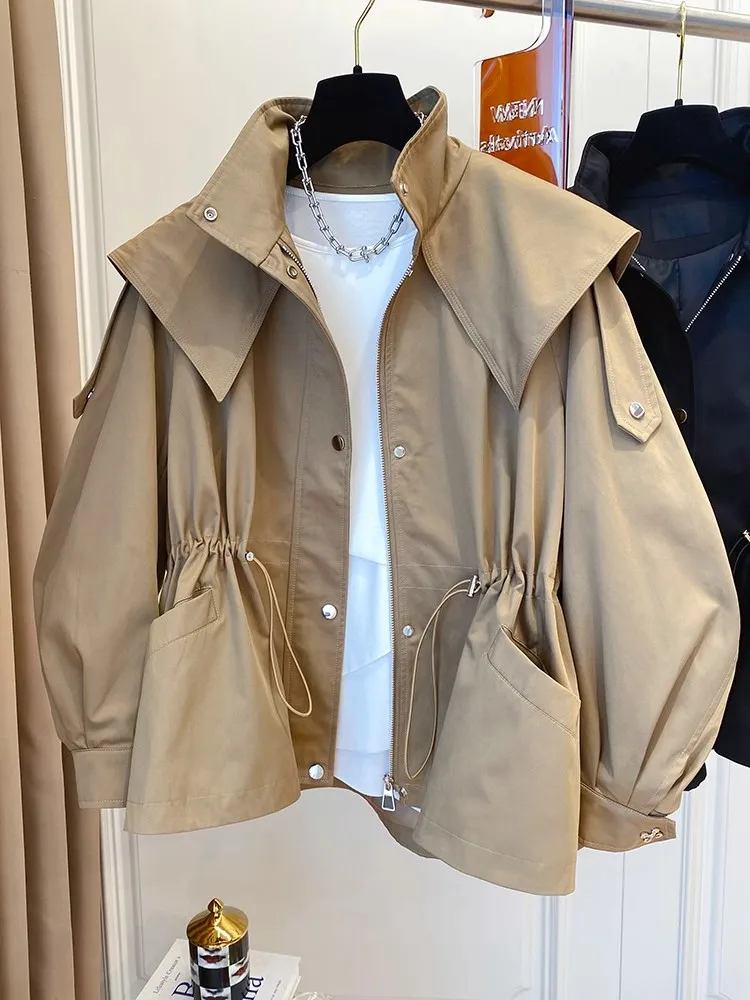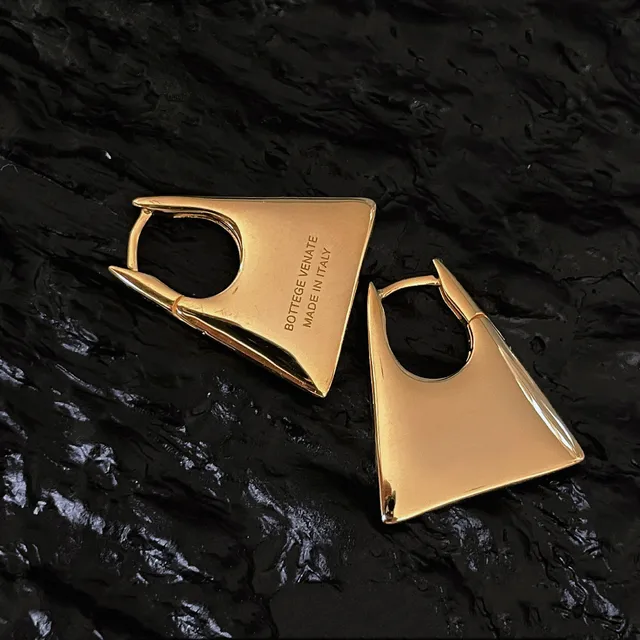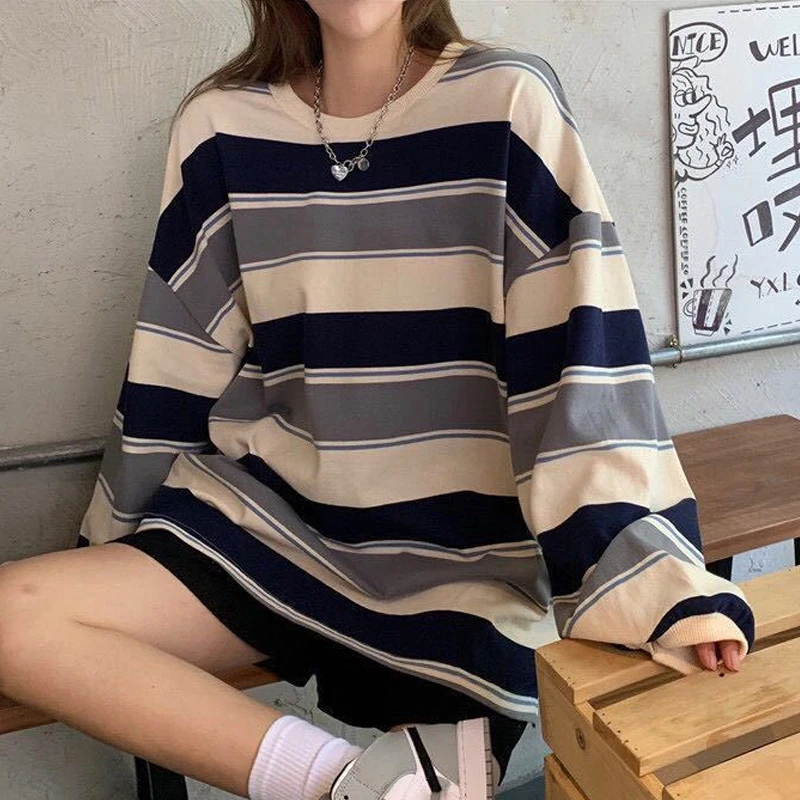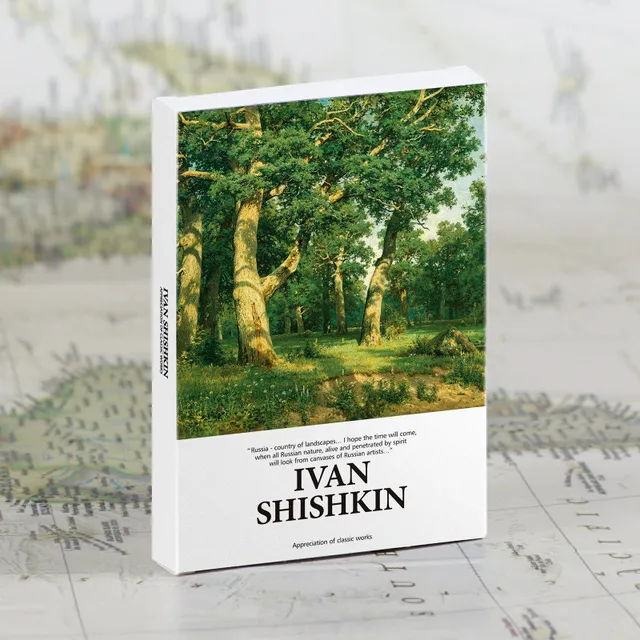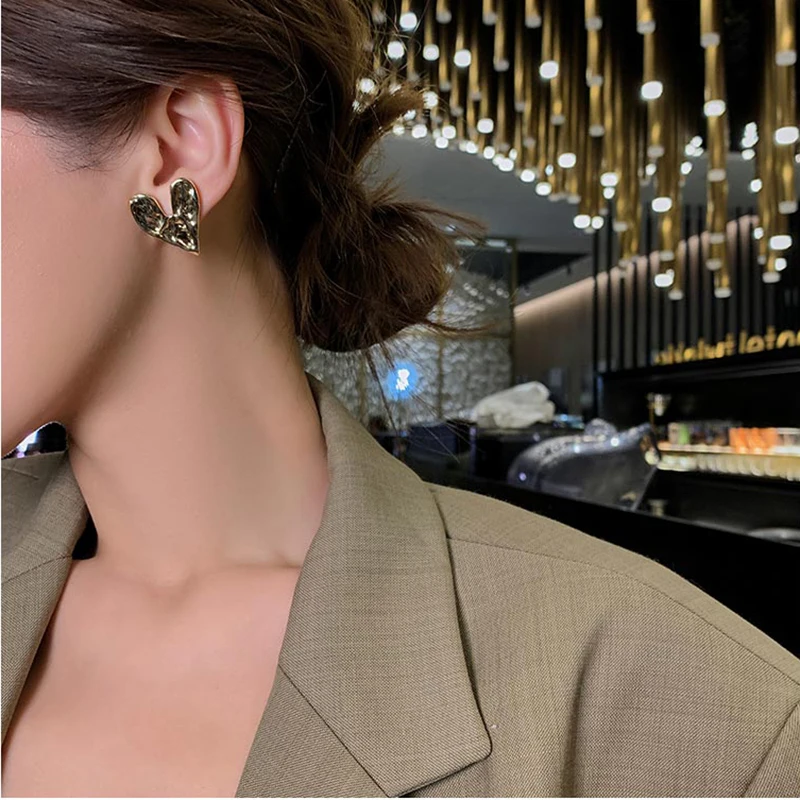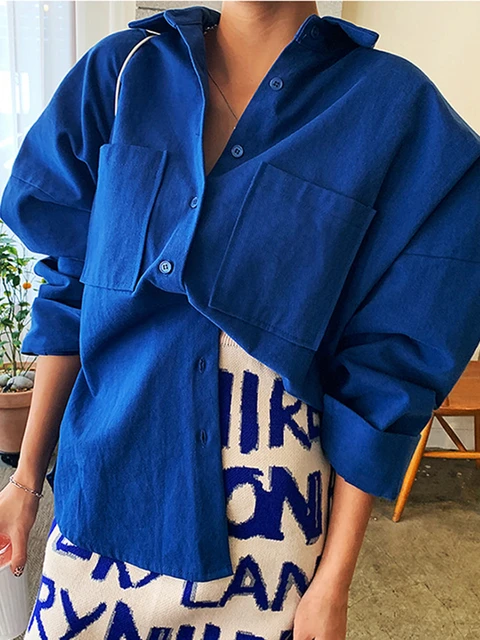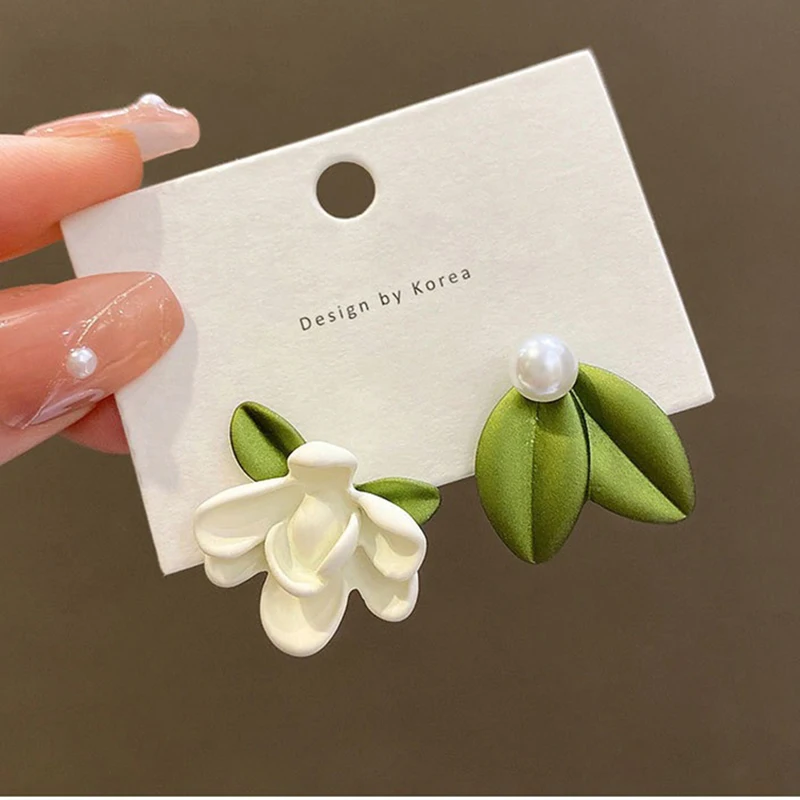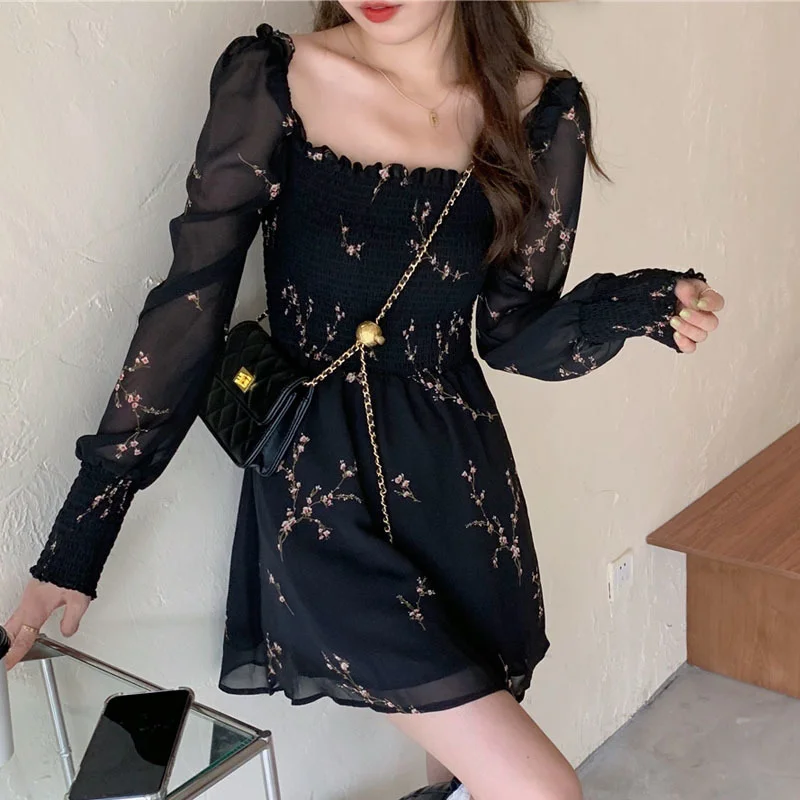Whenever I look for people to be featured as our Travelette of the Month, I am drawn towards women who in one way or another defeat stereotypes and travel differently to everybody else – or at least most other people.
Swati Sharma’s story caught my eye on Facebook – she posted about her trip in our as an inspiration for other women dreaming of a similar trip – but I thought that her adventure needs to reach even more women out there.
You see, Swati is from India, a place that is not necessarily frequently in the news for its healthy gender roles, although there are amazing initiatives such as national and international female empowerment schemes, or individuals working to inspire women across the country. Sadly, in general, it is – like many other societies in the world – a male-dominated society, where women are expected to behave in a certain way and fulfil particular roles in their lives.
Swati is not like that. She went on a 3.5 month-long trip across India and Nepal – on a motorcycle! Sounds like ‘Travelette of the month’ material, right? Luckily, Swati agreed to tell us more about her adventure!
Swati, tell us a little more about your trip – how did you get started?
I have never done anything like this before. I bought my first bike last year, an old two stroke Yamaha. It was light but considered a bit of a ‘boy racer’ bike in India. So, straight away the guys were on my case – saying I should get a slower bike or worse, a scooter. But I actually found it a great bike to start riding in the Yamaha and progressed from learning the basics off-road to using it for commuting and then weekend trips exploring south India.
The idea of taking a sabbatical from work and riding around India attracted equally disparaging remarks. But again these only served to encourage me. I hate the way women are pigeonholed in India and I don’t like to confirm to the stereotype. In the past, I worked for a gaming company testing video games and with hardly any girls around, I was pleased to beat the boys as often as possible.
When I decided to do this trip, I was working in software for a corporate company, and I initially told them that I was resigning. However, they were keen to retain me, so they bent the rules to allow me some unpaid leave. Again this seemed to be a first. The work culture – and in fact the Indian culture in general – does not see traveling as a valid pursuit. Yet, I was lucky and they have tried their best to accommodate my decision.
What did your family think about your decision?
My family would be the last people to approve of my journey, so when I visited them in Delhi at the beginning of my trip, playing hide and seek to ensure that my method of transportation was not discovered was necessary. I hid my bike at a friend’s house and enjoyed a trouble-free Diwali celebration with my family ‘undercover’, before traveling again.
And people along the road?
People’s reactions were sometimes hard to take. Being a woman on a motorcycle was a curiosity and touring for fun is still not common for Indians, even the young ones. The reactions were varied. For example, the staring never ends and at times people were riding/driving inches close to my bike to get a better look.
I got a lot of inappropriate questions and some more staring. I felt like an alien at times or a circus performer at others. Sometimes people were supportive though – women especially complemented me on having taken on the trip!
Did you travel on your own?
No, I was traveling with a male friend from England. He is the one who taught me how to ride and I can trust him with my life. Also, sometimes we met people on the way and rode with them for a while.
Unfortunately a lot Indians have no concept of personal space and social boundaries are blurred. I can say this as an Indian. My friend is older than me and also a white man who is clearly not Indian. So everyone was curious and they simply didn’t hold back. They feel it is legitimate to question whether he was my father or husband all the time. They would literally go as far as asking “Do you sleep in the same room?”
It felt like an intrusion and was a bit upsetting and I always tried to think of suitable answers to placate the questioners. Eventually I found a better way to handle the interrogation and started to turn the tables. Staying very polite I would simply smile and point out that that was not really an appropriate question. This left them confused each time as they were expecting an explanation or even a defensive response.
I have to admit, it was very amusing to watch their puzzled faces. But those that didn’t say anything would just stare. I didn’t know if I should feel like a celebrity or an alien species…
What did your itinerary look like?
India has so much to offer and the landscape changing everyday is a reward in itself. The trip was not about ticking boxes on cultural sights visited. Each day was an unplanned adventure on the road. The objective was simply to ride and find a peaceful place to stay, ideally a basic hut. The mountains were the highlight for this!
We left Bangalore in October and traveled north to Delhi for family Diwali. On the way we explored some of Maharashtra, Gujarat and Rajasthan. Next came three weeks in Uttarakhand – the scenery was stunning! Picture alpine forests and snowy Himalayan mountain backdrops. We then headed into Nepal for another three weeks, where I got to ride my bike more off-road. After 10 weeks we reached Arunachal Pardesh which was the main destination in the original plan. The North East did not disappoint, it was fantastically scenic and the people were great. I would definitely like to go back and see more places.
At first we tried to know exactly where we were heading at least the day before. However, arriving in a new place in the dark made things twice as complicated. As it starts getting dark by 4pm in the mountains during the winter, this was happening quite a lot. So, we came up with a new rule – we figured we are free, so why rush.
We would ride until 3pm in the afternoon without a worry and then start looking for anything that caught our interest. Sometimes there wasn’t anything particularly exciting around or locals advised us against camping, so we would just soldier on and ride in the dark until we found a suitable place. It was scary at times but we always made it safely and that’s all that matters.
On the highways we could easily do 300-400 km. But we didn’t cover a lot of distance once we got the mountains. Say 100 km on a good day. We used our phones for navigation and if Google Maps told us 4 hours we knew it would take at least 8. But once we hit the mountains it was also mostly fantastic twists and rough back roads so progress was slower but much more fun.
What were some of the scariest situations you found yourself in?
There was a moment in December, when we were on the way to Arunachal Pardesh. The route required us to cross Sela Pass, the second highest drivable road in the world, and this seemed a big challenge. I was confident that the last few weeks had prepared me, so we headed for Tawang and further still to Zemithang. Parts of the road over the pass were iced up and still under construction and it was difficult to manage on two wheels. Plus, for the last part of the day it was dark and misty, making it very slow going. I must admit it was scary at times!
on
And your most beautiful experience?
On the ride from Pokhara to Jomsom, also known as Dzong-Sampa or New Fort, there is a town located at an altitude of about 2700 m in Mustang District, Nepal. Staying there made me realize that all I need is a little hut in the mountains and apparently a dirt bike.
It was one hard butt-spanking ride especially on the KTM Duke, which is a street bike really with hard suspension. I fell off 10 minutes into the start of the second day’s ride and just before all the heavy duty off-road stuff. I did consider staying behind, but I don’t like giving up. Long story short with the help of an elastic bandage and pain killer(s) I rode the bumpy rocky track up the valley through this beautiful place.
We met some really nice Canadian trekkers who had done the same route on foot. They had a local Sherpa guide with them and he said to me that he had never seen an Asian girl ride these roads before. Couldn’t help but feel a little bit proud of myself. This ride was also a big milestone in terms of my riding. It helped with my confidence and after having done it, I knew all I have to do is to try, and to push myself sometimes.
Riding for me is like playing a video game – reaching a new place was like making it to the next level. I was learning as I was riding just like when you a play a game for the first time. Every place had something new to offer. This trip was full of firsts for me in terms of riding. First time I rode on sand, slush, riverbeds, snow and ice. So being able to ride new terrain and every day was like unlocking a new achievement. I couldn’t have imagined riding any of it before.
I am not implying that any of it was extreme, but it was difficult and testing for me at times. Every time I saw something tricky, I’d have to give myself a little pep talk. But once I did it, I was so happy and a little bit more confident.
What were some of the lessons you’ve learned through this trip?
Two main things:
1) Strangers can be surprisingly kind sometimes.
2) The best way to deal with annoying people is to stay calm and smile – it confuses them.
Do you have any tips for other women wanting to do a similar journey?
Of course: Avoid riding in the dark. Pack light. It’s easier than it seems. It’s ok to be nervous or even anxious sometimes – it will all be worth it once you have done it. Trust your instincts and you’ll be alright.
And of course, it’s better to regret something you have done than to regret something you haven’t!
What’s next?
We shipped the bikes home from Assam as my friend’s bike completely broke down by the end of the trip. We flew to Kolkata and stayed in Goa for a few days.
After that I did a solo backpack trip to Europe for 40 days – I visited some lovely places in France, Spain, Portugal and Italy. It was my first time abroad!
Now I am back to weekend motorbike trips around Southern India, but trying to save up again for my next adventure!
If you’d like to follow Swati’s adventures, follow her in Instagram !
All photos: Swati Sharma

